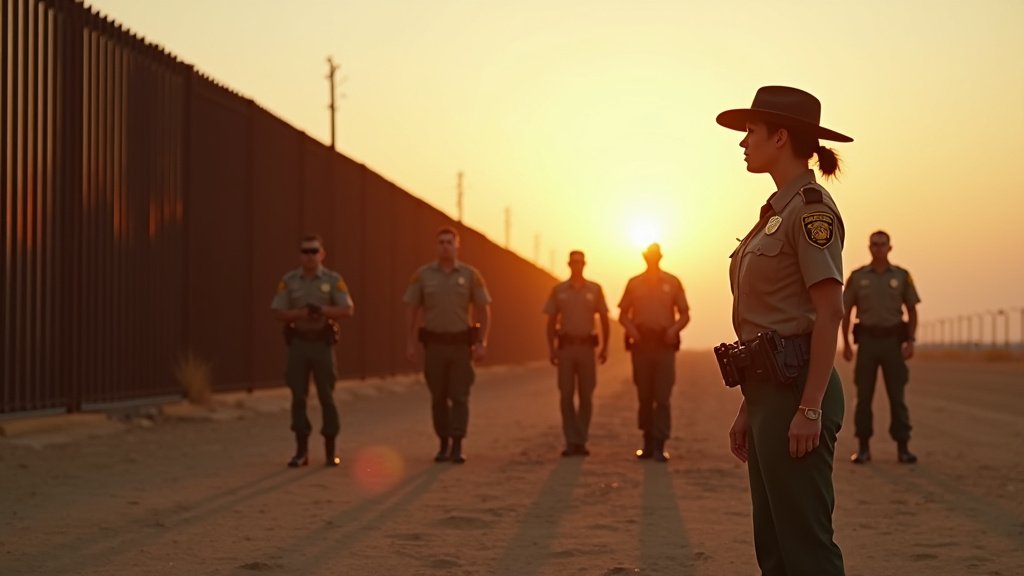A federal appeals court has affirmed a lower court’s decision to temporarily halt the Trump administration’s practice of conducting indiscriminate immigration stops and arrests across Southern California. The Ninth U.S. Circuit Court of Appeals announced its denial of the federal government’s request to lift a restraining order that was initially put in place on July 12.
Impact on Immigration Enforcement
The restraining order significantly impacts immigration enforcement operations in the region, with the government asserting that it impedes their ability to conduct necessary operations. The legal challenge stems from concerns raised by plaintiffs, including U.S. citizen Brian Gavidia, who experienced detention during a federal agent’s raid. This case highlights ongoing tensions between immigration enforcement priorities and civil liberties.
Legal Background and Government Opposition
The Trump administration had sought to overturn the temporary order, arguing that it unduly restricts law enforcement’s authority and operational capacity. The government’s stance is that such broad restrictions hinder their efforts to enforce immigration laws effectively. However, the Ninth Circuit’s decision to uphold the order suggests a judicial inclination to scrutinize the methods and scope of these enforcement actions.
Plaintiffs’ Concerns and Case Details
The case was brought forth by individuals who claim to have been subjected to or at risk of unwarranted stops and arrests. Brian Gavidia’s experience, where he was detained despite being a U.S. citizen during a federal agent’s raid, serves as a key example of the type of incident the restraining order aims to prevent. The plaintiffs argue that the administration’s approach constitutes indiscriminate enforcement, potentially targeting individuals without proper cause or legal justification. This developing news from the US border region is trending among immigration advocacy groups.
Future of Enforcement and Legal Avenues
The Ninth Circuit’s decision means the temporary restraining order remains in effect, continuing to place limitations on federal immigration enforcement activities in Southern California. The government may still pursue further legal avenues to challenge the order, potentially escalating the case to higher courts. The outcome of this legal battle is closely watched as it could set a precedent for immigration enforcement practices across the United States, particularly concerning the balance between national security and individual rights. This news is significant for ongoing discussions about border security and immigration policy.






